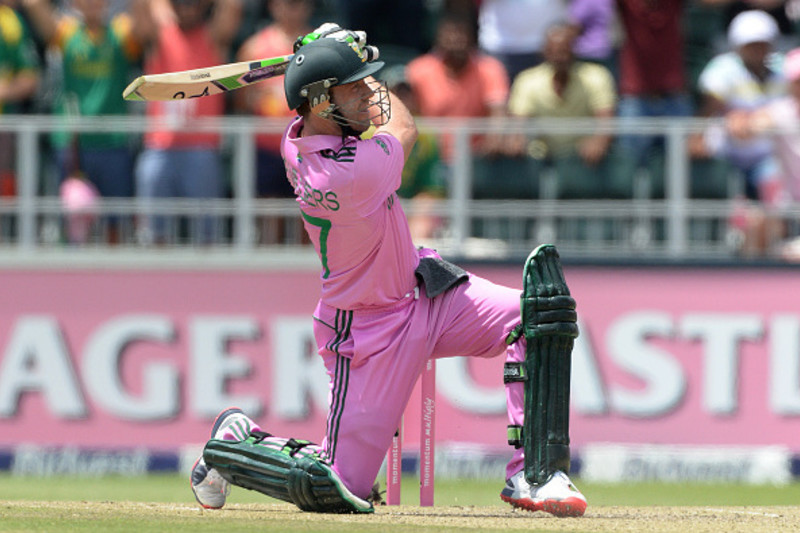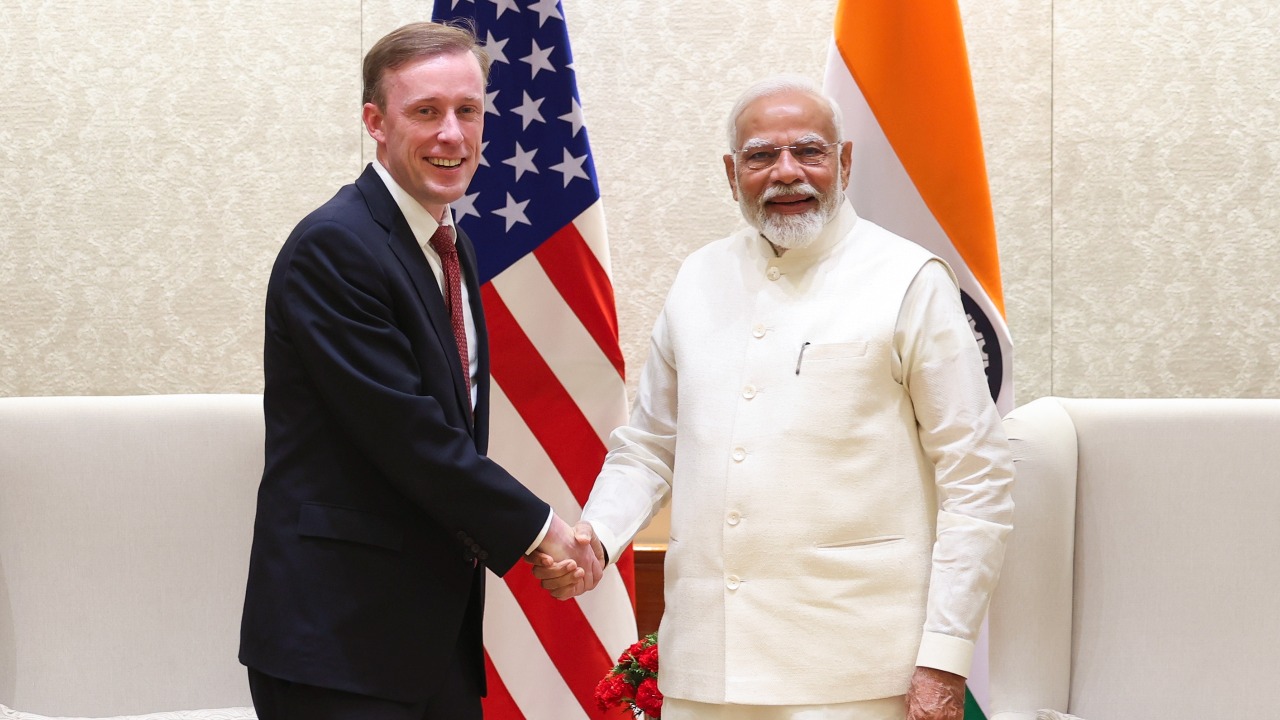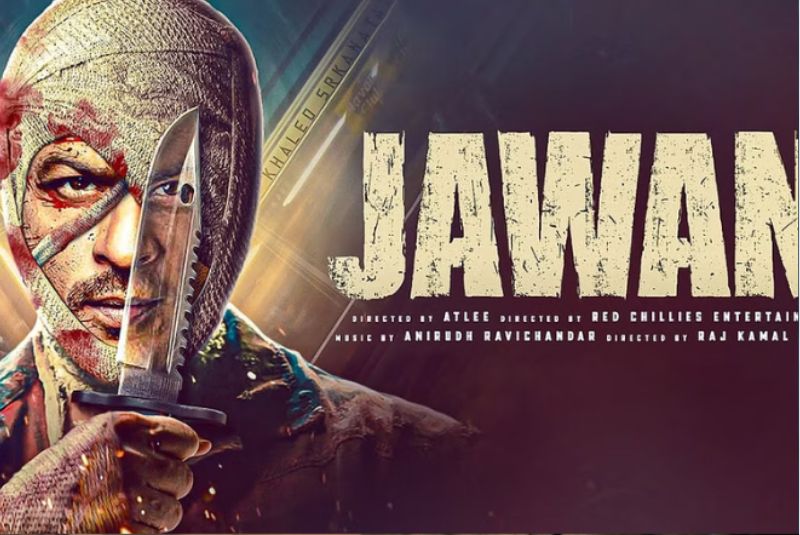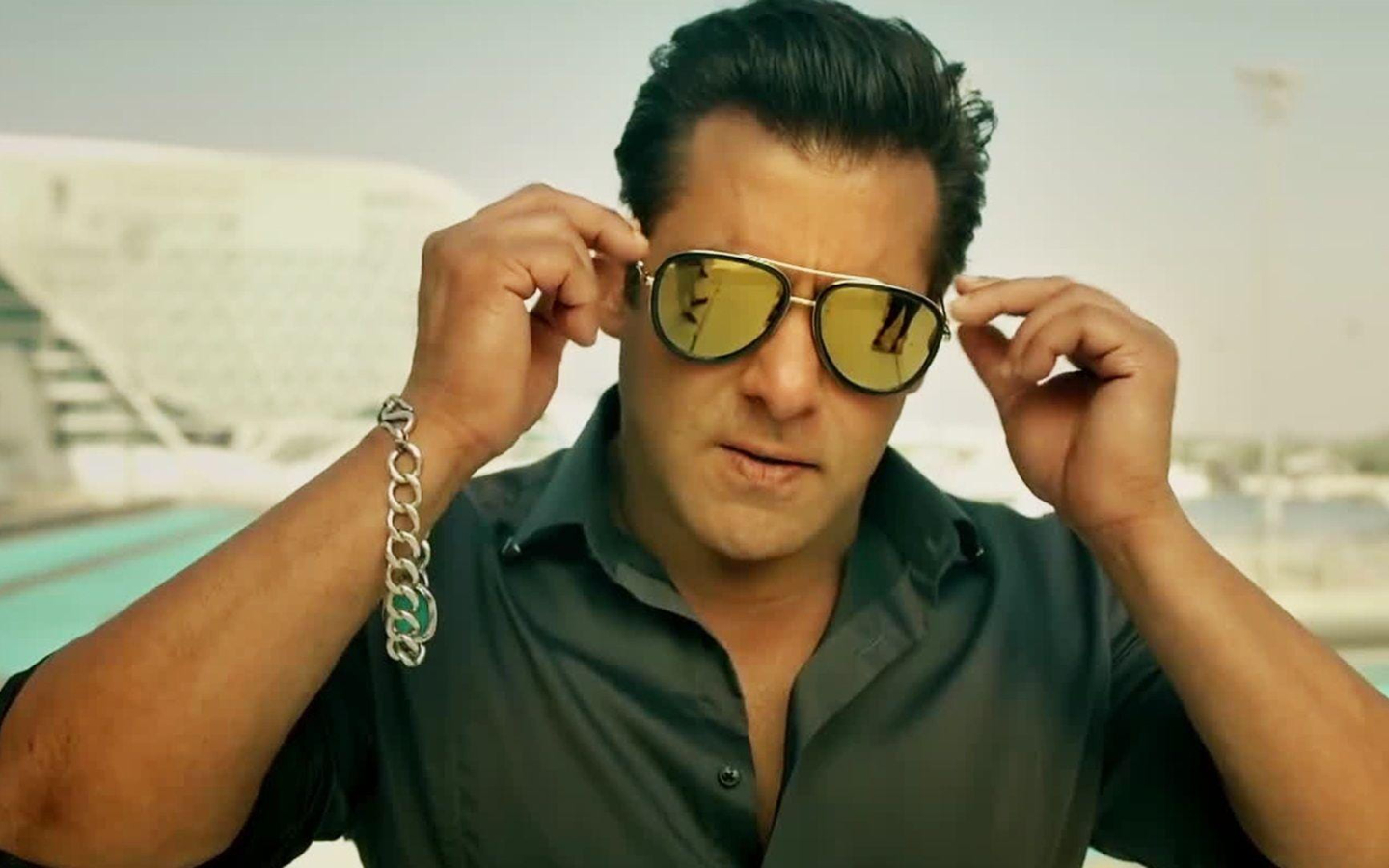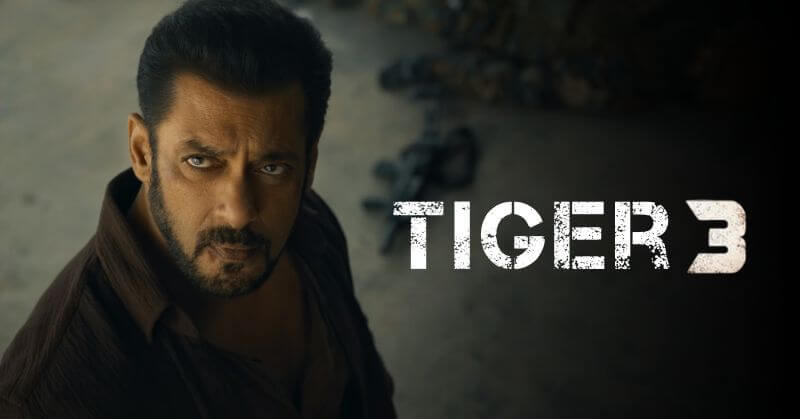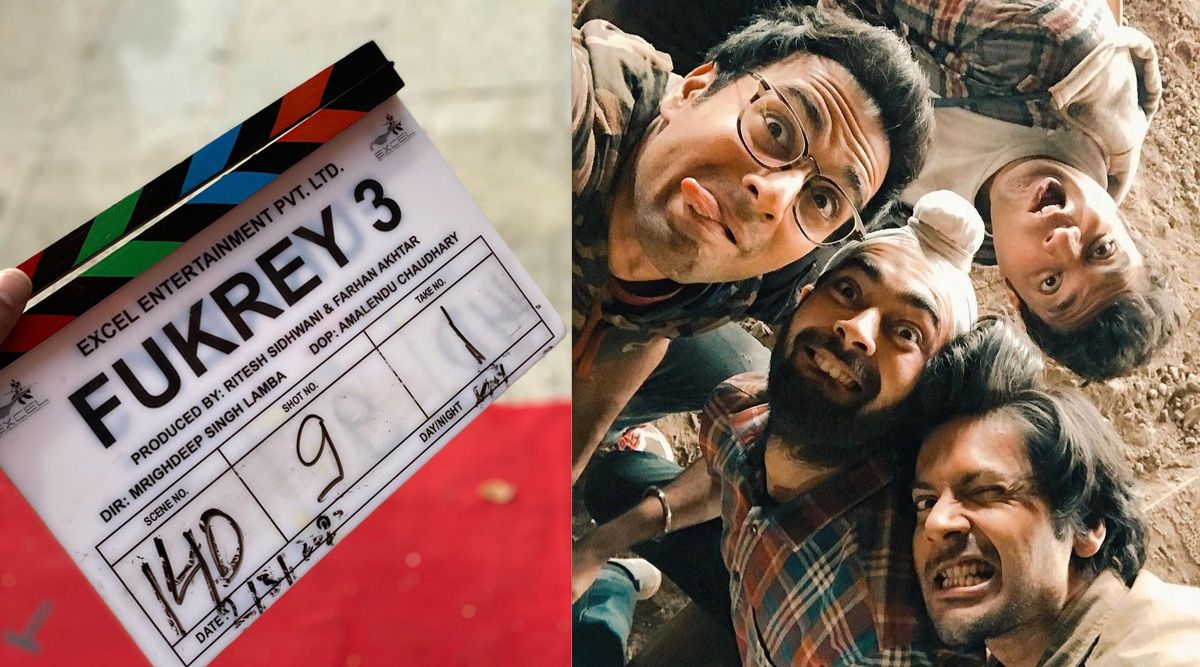Parveen Babi, Bollywood’s sensual seductress who died alone and forgotten at 50
(2).jpeg)
As someone who grew up in the 2000s, my first introduction to Parveen Babi, off-screen, was through director Mahesh Bhatt who shared details about his tumultuous affair with the late actor, following her death in 2005. As the news channels reported her demise in her Mumbai house and her life — full of tragedies and loneliness — began to be discussed on channels, my only memory of the wide-eyed star was that of a drop-dead gorgeous woman, dressed in a golden outfit and singing the sensuous “Jawani Jaaneman”. After a tragic and lonely death, Mahesh wasted no time in making Woh Lamhe, a film where Kangana Ranaut portrayed a movie star battling mental health issues.
Parveen was counted among the most glamorous women in Bollywood in the ‘70s and ‘80s, and had earned the tag of being a ‘sex symbol.’ Mahesh recounted the actor’s battle with schizophrenia and how she once “ran after him stark naked in the middle of the night”. But dig deeper into her life overshadowed by glamour, enigma and stories of her affairs, you’ll see Parveen was more than what met the eyes and certainly was beyond what tabloids wrote about her — ‘her fragile mental state,’ and ‘string of relationships with men from Bollywood’.
Shatrughan Sinha, Parveen’s co-star in Badd Aur Badnaam, Shaan and Iraada, remembered her as “vivacious, articulate, intelligent and very beautiful…She was one of the rare heroines with beauty and brains.” Parveen was a name that resonated with unparalleled charisma, elegance, and glamour, leaving an indelible mark on the Indian film industry. Dominating the scene for 13 years, she acted in a total of 50 films, ten of which were blockbusters, before she vanished from the scene in 1983, though many of her films continued to be released till 1988, with her last film Irada releasing in 1991. In an era when saree-clad ‘sanskari’ actresses were dominating the film industry, Parveen broke the mould and arrived as a breath of fresh air. Her long hair, hourglass figure, her western looks, and the ‘bold’ roles she played, broke the template in many ways.
In 1975, in Yash Chopra’s Deewar, Parveen was shown drinking with Amitabh Bachchan, and lighting a cigarette while both were shown suggestively in bed. In a country still used to sanskaari archetype of a Bollywood ‘heroine’, this was no less than a shock. Of course, there were exceptions. Her contemporary Zeenat Aman, often compared with Parveen, was also a ‘rule breaker.’ The two actors broke many stereotypes both on the silver screen and in life.
Born Parveen Mohammad Ali on April 4, 1954, in Junagadh, Gujarat, she hailed from a royal family. She started her journey with modelling, where her striking looks and captivating aura quickly garnered attention. Parveen’s transition from modelling to the silver screen was inevitable, and in 1973, she made her acting debut with the film Charitra opposite Salim Durrani, a film where she played a small but significant part. However, it was her breakthrough performance in the Majboor opposite Amitabh (1974) that earned her all the praise. Over the years, Parveen continued to deliver stellar performances in films such as Deewaar (1975), Shaan (1980), and Namak Halaal (1982). Her on-screen chemistry with Amitabh Bachchan became a highlight of her career, and the two were considered one of Bollywood’s most iconic on-screen pairs.
Long before she was seen dancing to “Jawaani Janeman,” and “Raat Baaki,” Parveen started her acting career on stage with Badal Sarkar’s Evam Indrajit (And Indrajit) where she delivered a powerful performance at DRAMSOC, the dramatic society of IIM Ahmedabad. That is when the acting bug bit her even as the experience of working on Badal’s play left a lasting impression on her. “She did a phenomenal job playing Manasi,” Anshul Balbir told film journalist, Karishma Upadhyay, the author who penned her biography In Parveen Babi: A Life. “Like Indrajit’s three split personalities, Parveen’s character also changes. In one scene, she could be a modern, confident girl wearing a tank top, and in the next be demure and submissive, clad in a saree. Parveen’s performance in Evam Indrajit really got noticed,” Balbir was quoted as saying in the book.
Years later, when veteran Amol Palekar took Sarkar to a movie set in Film City, Mumbai, where Parveen was also shooting, the actor was taken aback by Parveen’s love for and admiration for the playwright. “Before I could even introduce her, Parveen came rushing (down) to speak to us. She touched Badal da’s feet and said, ‘It’s such an honour to meet you, sir.’ She went on to tell him how his play Evam Indrajit had completely changed her life. She shyly mentioned that she had begun her career by playing Manasi, the central character in Evam Indrajit,” Amol, Parveen’s Rang Birangi co-star, said. The Golmaal actor then recalled Parveen spending the next two hours chatting with Badal and him about literature and theatre. “Far away from her Bollywood image of a sexy seductress, this was a completely different and fascinating Parveen. It’s sad that her fans were never exposed to this learned side of her,” he was quoted as saying in the book.
One is likely to be besotted with and even intimidated by her glamour, ‘sex kitten’ onscreen person, but only those who closely knew her, found Parveen to be a girl-next-door, who craved love all her life. “At the end of the day she wanted what an average South Asian woman wants: a home, a man to cook for, and to stay at home and have a few friends whom she would very cautiously let in. She wanted a quiet life, not a noisy hedonistic life. She was a simple girl, very simple,” Mahesh Bhatt told Images, in a 2012 interview.
The director had earlier made two other films based on Parveen’s life when the actor was still alive. In 1982, he made Arth with Smita Patil playing Parveen’s role. Later, he cast daughter Pooja Bhatt as a ‘mentally unstable’ woman in the 1993 film Phir Teri Kahani Yaad Aayee, another movie based on Parveen’s life. “People said Parveen Babi was emotionally affected because I had cannibalised my relationship with her in Arth. But Parveen was genetically predisposed towards mental illness. To say that Arth was responsible for her breakdown was absurd. I wasn’t affected by accusations of cannibalising my life for the screen. How can the truth hurt the filmmaker?,” Mahesh told Firstpost.
Karishma in her book, described Parveen as a “no-fuss actress,” who would eat without a plate on set, using her roti as the plate for the sabzi. Other anecdotes like her reading Jean-Paul Sartre, discussing existentialism, and spending hours on books in UG Krishnamurti’s ashram were some of the lesser-known aspects of her life.
Despite the media pitting them against each other, Zeenat spoke highly of her contemporary, in an Instagram post, last year, “I’d like to remember and honour Parveen today, on her birthday. Parveen was gorgeous, glamorous and talented. Back in the 70s, we wore our hair in a similar manner and enjoyed Western fashion. Though neither of us saw it, we were told we had an uncanny resemblance. It must have been true because as recently as last year I was approached in Dubai as ‘Parveen ma’am’” wrote Zeenat adding that while media at the time spun tales of competition and rivalry between them, “in reality, we were always warm towards each other.”
“Not best friends, but contemporaries, colleagues and well-wishers. We worked together on Ashanti and Mahaan,” said Zeenat in her post, adding, “She was intelligent and hardworking and creative. She loved reading, and I remember her curled up with a book in between shots on set. She achieved incredible success as an actor, even featuring on the cover of Time magazine. Later, she took up various creative pursuits, embarked on a spiritual journey, and started designing interiors. We stayed in touch on and off for years, before ultimately drifting apart (sic).”
Despite her professional success, Parveen’s personal life remained shrouded in mystery and controversy. Her relationships with her co-stars, including Danny Denzongpa, Kabir Bedi, Amitabh Bachchan, Mahesh, and spiritual guru UG Krishnamurthy, often made headlines. Parveen disappeared from the public eye in the mid-1980s, leading to speculation about her mental health and well-being. It was later revealed that Parveen was diagnosed with paranoid schizophrenia, and her condition deteriorated over the years. But mental health issues were taboo during that time and the lack of awareness on the subject not only made many in the industry distance themselves from her but also led the media to be unkind and unsympathetic towards her condition. It was the ‘80s that we were talking about. It was obvious that producers began to look at her as a liability.
“I think Parveen Babi is a hoax,” the filmmaker Prakash Mehra, who directed her in the 1982 film Namak Halaal, told the magazine Stardust in June 1980. “Her illness is [a] hoax. She is a liar and a cheat,” he commented. Rakesh Kumar, who directed Parveen in Do Aur Do Paanch (1980), told Karishma, “Parveen always seemed like she was on the edge, always tense… And she would be chain-smoking, which was something I didn’t like.”
“Parveen’s struggle with mental health illness came at a time when the country was still so insensitive and ignorant on these matters. After her death, I often ruminated on how she was remembered. The tabloids focused on her romantic relationships and “episodes”, but Parveen was much more than who she dated or what she said when she was unwell. I feel she never truly got the chance to say her piece,” wrote Zeenat in her 2023 Instagram post.
Film journalist Subhash K Jha recounted his conversation with Parveen’s former boyfriend Danny Denzongpa, where he spoke about his “first girlfriend.” “The way she ended up was very tragic. I was in touch with her until I got married. After she became unwell I was in touch with her. We lived in the same building. She was on the 4th floor and I was on the 1st floor. Although I was dating Kim, Parveen would drop in quite often. She was okay then. Later she became psychologically unstable. She became very sick when she was dating Mahesh Bhatt. Mahesh told me of her condition and I went to see her. It was then that I found out she was frightened and paranoid,” Danny was quoted in an article published in Firstpost.
The actor also spoke about how her condition led her to doubt everyone around which pushed her loved ones, including Danny, away. “I was friendly with Amitji (Bachchan) she started suspecting I was his agent. She would keep on writing complaints against him to the police and other departments. Then she came to the point where she didn’t want to see me because of my friendship with Amitji. I was there for her funeral. What happened to her is very tragic (sic), ” he told Jha.
Parveen often spoke about Amitabh trying to kill her. In an old interview with a magazine, she accused her co-star of being ‘super international gangster’ and claimed that he had sent goons to kidnap her and she was kept on an island. She had also pointed at a scar below her ear and had said that the goons had performed surgery on her on the island and had planted a chip right under her ear.
While Amitabh was always tight-lipped about these accusations, the controversy around Parveen being replaced with Jaya Bachchan in Silsila upset her actress. Actor Ranjeet, who shared a great bond with Praveen, said in a recent interview with ANI, “She (Parveen Babi) was my dear friend… she was all alone. She was a beautiful lady. Always smiling and we used to call her ‘fawada‘ because of her teeth… Once she was very upset and she was crying. I asked her ‘Kya hua Parveen? (What happened Parveen?)’ We were in Kashmir. I don’t mind quoting because it’s a fact. A film was made, Silsila, and Parveen Babi was the original heroine but she was asked to leave. And because of a gimmick controversy, they cast Rekha and Jaya Bhaduri in the film otherwise it was Parveen and Rekha.” Following her death, in a rare interview, where he spoke about his late co-star, Amitabh spoke about Parveen’s illness and praised her for her work. In a Times Now, report, the actor was quoted, “The nature of her illness was such that she was terrified of people. She wanted to be left alone. She deliberately distanced herself from everyone.” He described her as a “genuine, honest and down-to-earth person.” “She was very meticulous about her career,” he added.
Amid several Bollywood affairs, Parveen and Kabir Bedi’s roaring romance became the talk of the town in the 70s. Kabir, who was in an open relationship with Protima Bedi at the time, says he was grateful to the late actress while revealing that she battled with mental health issues throughout her life. “Parveen was an extremely sensitive and intelligent woman. She had a great capacity to love. What happened with her was extremely tragic. She gave me enormous love, a sense of togetherness and yet the cloud of her deteriorating mental condition hung over us. The tragedy of her mental illness was unfolding when I was going through my greatest success in Europe, Sandokan. It was a difficult period for me. But at the same time, I thank her for the many things she gave me, including love (sic),” he told Pinkvilla in an interview.
Parveen’s sudden disappearance from Bollywood, in 1983, resulted in the rumours about her failing mental health, becoming tabloid headlines. Many even reported about her connection with the underworld. When she later returned to India, she was unrecognisable — she had gained an enormous amount of weight, her long hair were gone, and her face was covered in heavy makeup — something she despised when not shooting for the film. Away from the glitz and glamour of showbiz, she pursued many careers in the later years of her life. From music to painting, architecture, literature, writing, cultural and archaeological study, politics, photography, sculpture, and human rights issues, she dipped her toes in many spheres, however, she continued to live the life of a reclusive life as she feared getting killed.
The untimely and tragic demise of Bollywood star Parveen in Mumbai sent shockwaves through the film industry and her fans. On January 20, 2005, Parveen’s lifeless body was discovered in her Juhu apartment, after neighbours complained of a stench from the apartment. The door was broken down to extract her corpse, which had started decomposing.
For 72 hours, Parveen’s remains went unclaimed, a testament to her solitary existence. A post-mortem examination at Cooper Hospital revealed that there was no food in her stomach, only traces of alcohol, likely from medication. The police concluded that Parveen, a former Bollywood superstar, had starved to death in her flat and succumbed to total organ failure and diabetes. She was laid to rest at the Juhu Muslim cemetery in Santacruz, Mumbai. Danny, Kabir and Mahesh, the only three men who once loved her, the men she had left far behind in life, in a quest to run away from humans, were there for her last rights. “Parveen deserved that respect. Well, we shared her life and she shared ours. At the heart of it, we deeply cared for her though we couldn’t prevent her breakdown,” said Kabir.
Posted By: Indian Express
.gif)
.gif)

